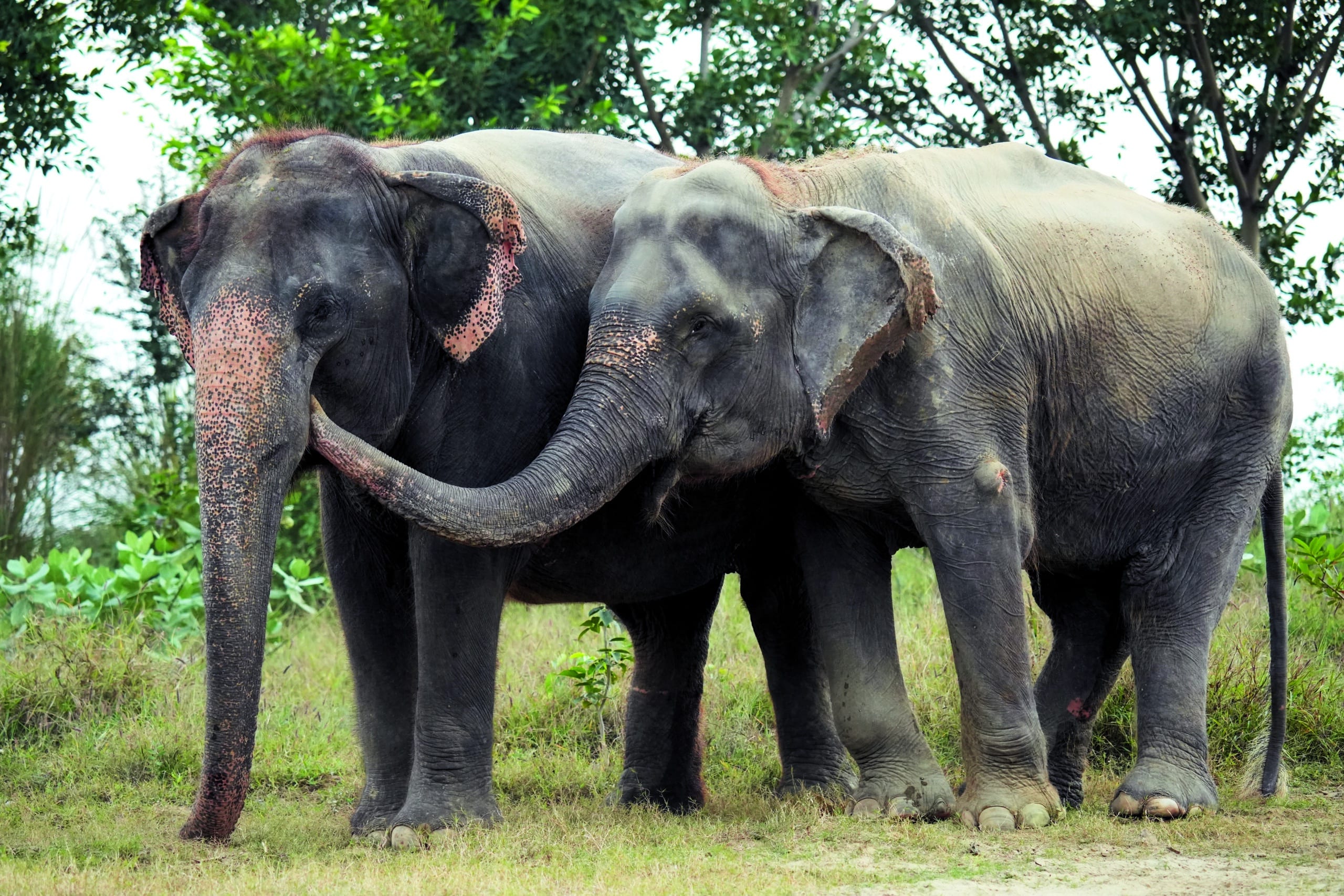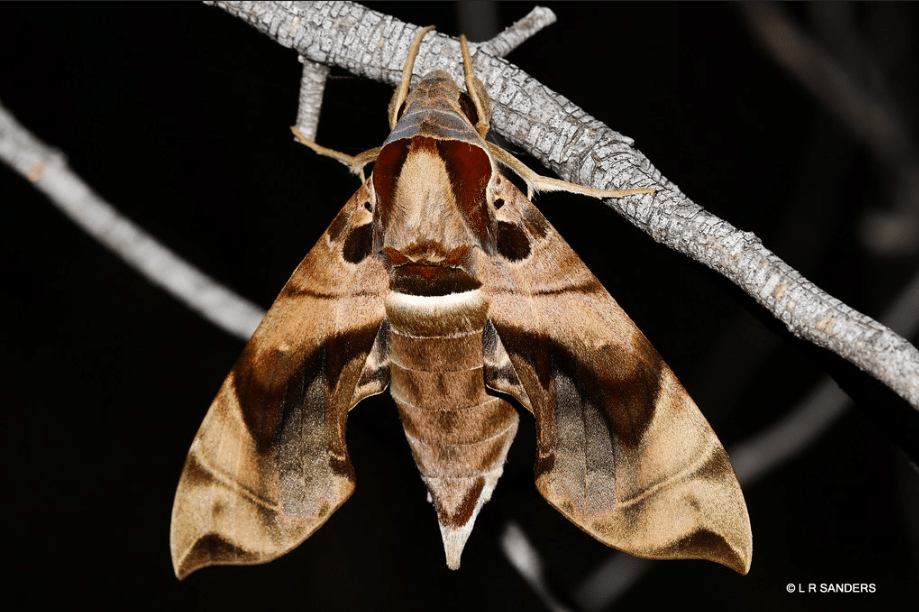You might remember Kalpana—I am happy to report that this year she celebrates her fifth rescue anniversary at Wildlife SOS. Formerly exploited and abused as a ‘begging’ elephant in Uttar Pradesh, Kalpana was rescued in 2019 and brought to the Wildlife SOS Elephant Hospital Campus (EHC) in Mathura for comprehensive...
Trading in wild animals is a multi-billion dollar business. It is no surprise then that there are a multitude of vested interests pushing back on the global calls to crack down on it to prevent another pandemic. There are also genuine livelihood dependencies and sensitive cultural issues to navigate. Which is why it is encouraging to be able to report on some progress to curb wild animal consumption, while we continue mounting the pressure for global and enduring change.
Last week the Chinese city of Wuhan, which was the first to record human cases of COVID-19, has banned the consumption of all wildlife. This follows similar bans in the cities of Beijing, Shenzhen and Zhuhai, and an as-yet temporary nationwide ban on wildlife consumption across the country.
The Wuhan bans follows news early last week that wildlife farmers in several provinces in China are being offered a buy-out to move away from breeding wild species for consumption. Hunan and Jiangxi provinces are among those providing compensation for farmers to transition to alternative livelihoods such as growing fruit, vegetables, tea plants, or herbs for traditional Chinese medicine. This is a model for change that Humane Society International has been putting into practice with dog meat farmers in South Korea for some years, with dog farmers transitioning over to farming chillies, mushrooms, and water parsley. The aim is to provide alternative livelihoods so that the transition out of the animal trade is lasting.
Unlike the other cities which have brought in permanent bans, the Wuhan ban will be in place for five years. Welcoming the ban Dr Peter Li, Humane Society International’s China policy specialist, noted: “There will however be no less severe of a disease risk from wildlife consumption in five years’ time, so anything short of a permanent and comprehensive ban is still a risk too far”.
The bans in China do have a blind spot. So far they do not include the vast number of wild animals bred in China not for consumption but for fur, traditional medicine and for entertainment/pet trade/display. China’s overall wildlife trade is worth around 520 billion yuan (USD $73 billion), but although global focus has understandably been on wildlife consumption trade worth 125 billion yuan (USD $18 billion), the largest proportion of China’s wildlife farming – the fur industry worth 389 billion yuan (USD $55 billion) annually – is conspicuous by its absence from any COVID-19 related bans or buy-outs. In fact there are plans afoot in China to reclassify the millions of raccoon dogs, foxes and mink farmed for fur from “wildlife” to “livestock” as part of a new resource list by the Ministry of Agriculture, State Forestry and Grassland Bureau.
The risk of zoonotic disease is of course blind to these classifications – so is the cruelty.
The problem is also far from unique to China. As Li says “Wuhan becomes the fourth city in mainland China to show such leadership, but we now need cities and countries across the world to step up to the plate and shut down the dangerous wildlife trade.”
There is a global chorus calling for this. On April 17, WHO Director-General Tedros Adhanom Ghebreyesus stated, ‘Governments must rigorously enforce bans on the sale and trade of wildlife for food.’ Australia’s Agriculture Minister David Littleproud, who has been vocal in calling for the G20 to address the risk of wildlife markets has said: “It will take a global effort to reduce the risks for disease to emergence and spread, and the threat to agriculture that the mix of wildlife, domestic animals and humans provide in wildlife wet markets.”
Humane Society Internationally is campaigning across the globe. Our White Paper has been sent to 188 governments. HSI’s office in Viet Nam is waiting on an expected Prime Ministerial directive addressing wildlife markets in response to COVID-19. HSI joined with 14 organisations to write to the Prime Minister calling for their closure and our office is providing advice and guidance to the Government to take this forward.
We are supporting our partners at the Dog Meat Free Indonesia (DMFI) coalition who are campaigning hard to end extreme markets in Indonesia where wildlife, dogs and cats are slaughtered with atrocious cruelty and enormous risks to public hygiene. Last week DMFI released a powerful video with Indonesian and international celebrities, including Ricky Gervais and Dame Judy Dench, imploring the Indonesian Government to crack down on this trade. We hope there will be progress from Indonesia to report on soon.
There is still much to be done. If we want to stop future pandemics and prevent intolerable cruelty then all breeding and sale of live wild animals for exotic meat, pets, fur and traditional medicine must come to an end. You can keep up the pressure with us and send polite letters to the embassies for governments in our region where live wild animal markets need to close.
Nicola Beynon, Australia Head of Campaigns, has fought against wildlife trade with HSI for over two decades and has successful campaigned for different species to be protected from trade at many conferences of the UN Convention on International Trade in Endangered Species.
Image: Adam Oswell


